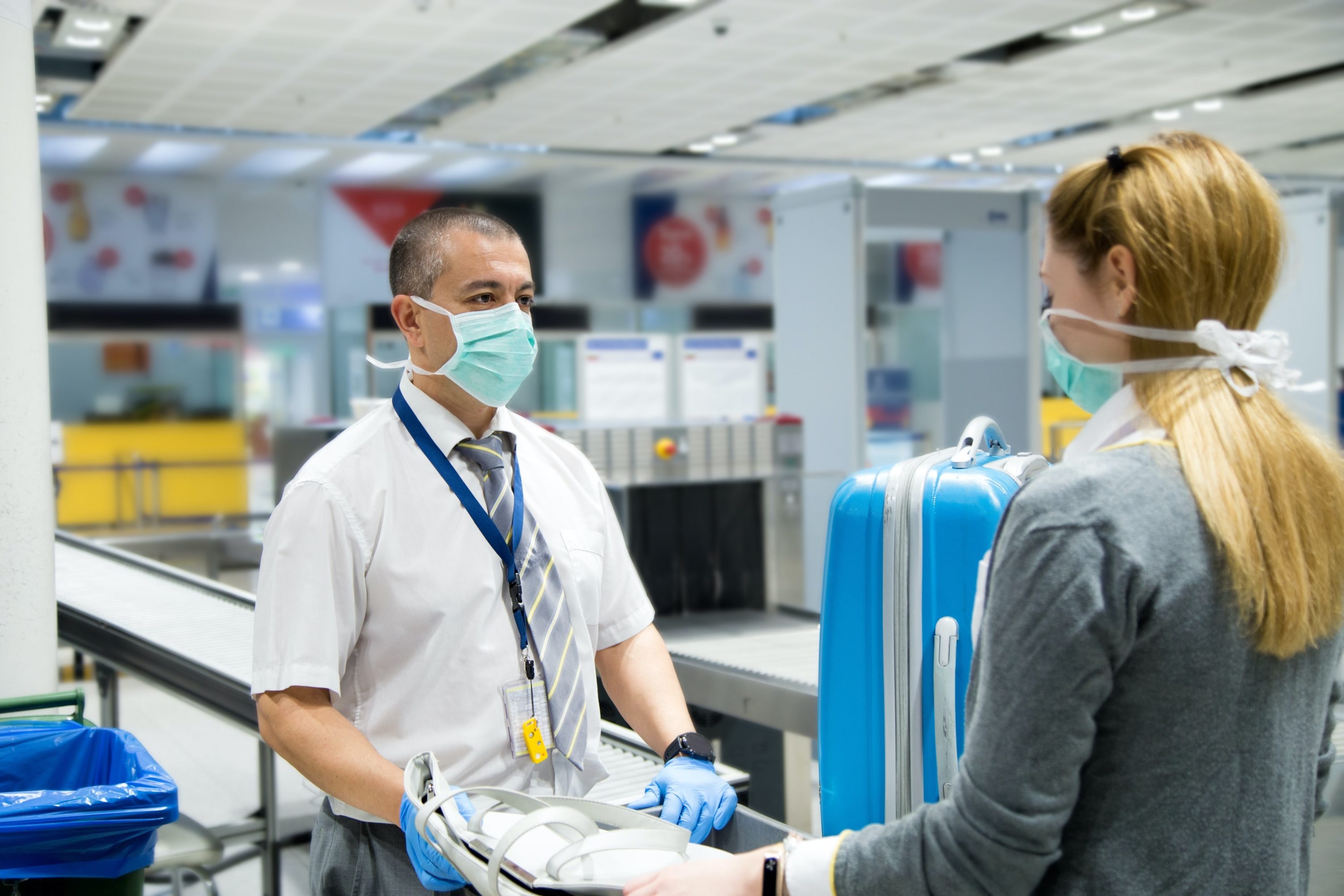
Environmental sustainability continues to rise on the agenda. As with every industry in the supply chain, the travel and MICE (meetings, incentives, conferences and events) industries contribute to corporate carbon footprints, and organisations are increasingly looking for ways to understand and reduce their environmental impact.
For some, sustainable international travel may seem like an oxymoron, but there are plenty of things you can do to help make your trips green.
Carbon offsetting
Here at Gray Dawes Travel we recently introduced Legacy, our carbon offset programme in partnership with one of the UK’s leading sustainability companies, Forest Carbon. You can find out much more about it and watch the launch video on the Legacy page.
As one of the key buzz phrases when it comes to sustainability, many people already have some understanding of what carbon offsetting is all about. At its most simplistic, carbon offsetting is the process of analysing the amount of carbon that you’re using and taking part in initiatives that will counter-balance that “spend”. And spend is an apt word to use as we’re seeing more and more companies adopt a carbon budget approach. Those that do have set limits for the amount of carbon they can use in a given period and have to ensure their travel, alongside the rest of their operation, falls within that range.
Over the last few years, the environmental impact data available from travel suppliers (such as airlines, hotels etc.) has greatly improved, allowing clients to scrutinise and improve upon their carbon spend much more.
However, the process of offsetting carbon itself can be a little complicated, as much depends on the type of projects undertaken and when they mature to be able to classify the carbon as actually offset. Working with a partner with a strong track record and a deep understanding of the process can help you here.
“We’re able to provide our clients with a world-class solution to not only their carbon emissions calculations, but also with our partners at Forest Carbon, an array of authenticated carbon offsetting projects both domestically and across the globe.” States Aman Pourkarimi, Consulting Manager for Gray Dawes Consulting. “Such is our commitment to sustainability, our owners the Inchcape family have converted nearly 300 acres of working farmland on their Glenapp estate in Ayrshire to permanent woodland creation.”

Home mindset while away
Many people have great environmentally friendly habits at home – they separate their rubbish into recycling, use reusable bottles for water or reusable takeaway style cups for their coffees, and walk or cycle where possible.
While away, it’s easy to slip into bad habits and chalk it up as no big deal for a couple of days. But if that approach was extrapolated out to everyone taking a trip, the environmental impact of travelling individuals would collectively be huge.
Do what you can while you’re away to limit your environmental impact. Be conscious of recycling, plan ahead so you can potentially use public transport or hire an electric or hybrid car while away. Being mindful of your potential impact on the local area you are visiting is a good place to start and can encourage a much more green trip all-round.
Keeping good company
Environmental credentials are becoming more prevalent in competitive bid situations. If sustainability is important to you, make sure you do your due diligence as part of the vetting process for your potential suppliers and their supply chains. Not all “sustainability partners” are created equal, so it’s worth spending the time to review your potential supplier partnerships.
It’s also a great idea to join communities that may be able to share other ideas and best practice. We recently caught up with Andrew Perolls, CEO of Greengage Solutions, a company focussed on environmental sustainability for the travel and events industries. As well as offering sustainability auditing and accreditations to venues and other companies operating in the sector, Greengage has set up a community that offers the chance to network with likeminded companies, and connect with a range of green suppliers, as he explained:
“To formalise our community, we set up the Greengage Hub. Anyone who joins us as an Ecosmart member gains access to our online hub which is accessible through our site. A big part of that is sharing knowledge and education. We’ve spent a lot of time putting great content on there – a combination of best practice, explaining the principles of climate change and sustainability, resources such as blog posts and presentations. In addition, we have a quarterly webinar and we offer an opportunity for those that have joined Ecosmart to showcase themselves.”
Andrew Perolls, CEO, Greengage Solutions
Stick and carrot
Corporates who allow their employees to book their own travel need to ensure that any company-wide rules around sustainability in travel are fully understood. Including a dedicated section on sustainability within your travel policy is a good way to mandate across your employees. You may even choose to incentivise employees for making more sustainable travel choices by offering something in way of a reward to those that do.
By effectively monitoring your carbon budget, just as you would your monetary spend, you can also keep track of who isn’t making the right choices. You can then steer repeat offenders back on course by educating them on how to make better choices and demonstrating the effect of not following the policy.
The future
These are just a few examples of the ways in which we can all make a difference when it comes to sustainability in travel. The green agenda is firmly here to stay, but thankfully with new initiatives and technologies constantly being developed, sustainable options will continue to grow.
Legacy – find out more
Gray Dawes, in partnership with Forest Carbon, offer an awesome carbon offset programme designed specifically for business travellers.
Legacy ensures your business travel can be managed with a tangible focus on sustainability. That’s great for you, your organisation, the business travel industry and, of course, the planet!

To help you navigate the changes of business travel, we’ve created the brand-new Traveller Toolkit. This invaluable online resource is packed full of easy-to-use guides and checklists for every stage of every journey. We detail exactly what you need to know and do before, during and after your trip.
You’ll also find innovative and interactive virtual trips, which walk you through each step of being at the airport, on the train and in the hotel. You can even check the travel restrictions and health status of your destination with our comprehensive COVID-19 Country Tracker, updated five times daily to ensure you have the very latest information to help keep you and your travellers safe.
Travel is changing. But with common sense and a good TMC behind you, travellers should have the confidence to once again take to the skies. It’ll soon be business as (un)usual.

